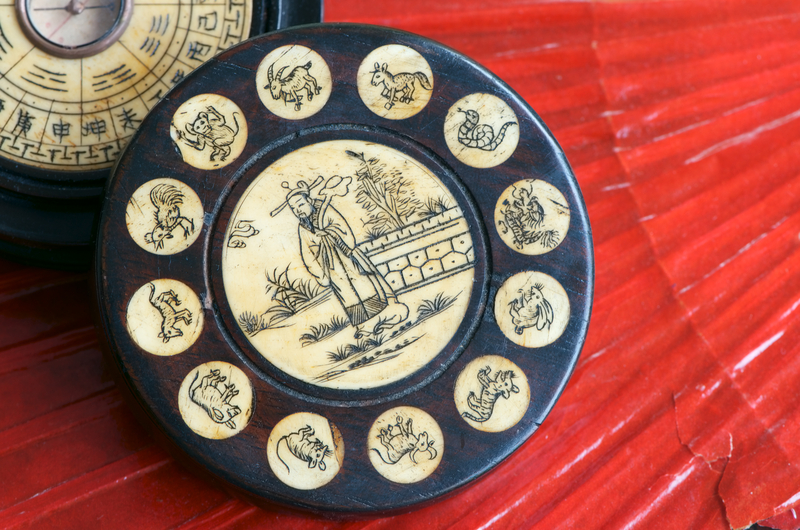There are strict laws governing the buying and selling of ivory in the UK. This may cause you some issues if you inherit ivory.
In this post we’ll explore what you can do with inherited ivory, along with some tips on keeping your property safe.
Our High Net Worth insurance team is always on hand to discuss how you can best protect your most valuable assets. If you want to discuss your needs, get in touch on 0208 290 9086 or email us at personal@anthonyjones.com.
Is Ivory Illegal in the UK?
The Ivory Act 2018 prohibited the buying or selling of items containing ivory in the UK, with a few exceptions. The law applies to items containing ivory from elephants, hippos, killer whales, narwhals, and sperm whales.
You need to register or apply for an exemption if you want to deal in ivory in any way, whether it’s to buy or sell an ivory item, or even displaying ivory items in public galleries. The law also extends to exporting ivory items out of the UK.
If you deal in ivory items from protected species without an exemption, or if you make it possible for others to do so, you can be fined up to £250,000 and face up to five years in prison.
When Do You Not Need an Exemption?
You do not need to apply for an exemption if you own an ivory item and do not intend to sell it. So if you inherit some ivory, you do not have to take any further action unless you plan on selling the items.
What Can You Legally Do with Inherited Ivory Without an Exemption?
If you inherit ivory, the law permits you to:
- Keep it for personal use.
- Leave it to someone in your will.
- Lend it – so long as this doesn’t include any payments, exchanges, or bartering.
- Give it away as a gift – so long as you’re not donating the items for public display. There are special rules for donating to museums, for example.
Also, the rules only apply to items containing ivory from protected species listed in the Ivory Act 2018. There may be separate rules to follow for items containing ivory from other species, though, such as walrus ivory.
What Ivory Items Are Eligible for Exemption?
If you do want to sell inherited ivory, you will need to apply for an exemption.
Some items are eligible for standard exemptions:
- Musical instruments made before 1975 containing less than 20% of ivory by volume.
- Items made before 3 March 1947 containing less than 10% ivory by volume, all of which is integral.
- Portrait miniatures made before 1918 with total surface areas of 320cm² or less.
- Items being sold or hired to qualifying museums.
It costs £20 to register an item for standard exemption, and you’ll need to re-register any items that have previously been registered.
For other items, you’ll need an exemption certificate. Exemption certificates are for items made before 1918 which are considered to be of “high artistic, cultural, or historic value”. Applying for an exemption certificate costs £250, which includes an expert assessment and a review by the Animal and Plant Health Agency.
Applying for an Ivory Exemption
You can apply for a standard exemption or an exemption certificate online.
If you’re not sure what type of exemption is suitable for your items, you can use the government’s online ivory eligibility checker.
If the item is part of a set or a group, you can register a set as a single item, or apply for an exemption certificate for a set as a single item.
Keeping Your Antiques Collection Safe
Regardless of what you want to do with your inherited ivory, you should take steps to secure the collection.
This should include:
- Cataloguing each item, with photos.
- Getting an expert appraisal to determine the individual value of each item in the collection, along with the collection as a whole.
- Getting specialist high net worth insurance to cover the collection for loss, theft, or damage.
Mark Stevenson at Anthony Jones says:
“There are strict laws governing the buying or selling of ivory in the UK. But the fact remains that ivory items can be highly valuable.
“As a result, if you inherit ivory, whether you want to sell it or not, you should first take steps to secure the collection. An accurate valuation will tell you how much the ivory’s worth, which means you can then ensure that your insurance covers the collection to its true value.”
At Anthony Jones, our High Net Worth insurance team is always on hand to discuss how you can best protect your most valuable assets. If you want to discuss your needs, get in touch on 0208 290 9086 or email us at personal@anthonyjones.com.


